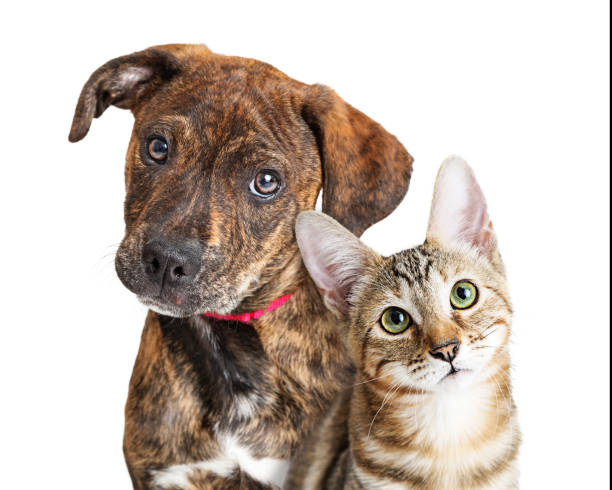Pregnant And Owning A Cat? Tips For Handling Litter.
Pregnant And Owning A Cat? Tips For Handling Litter.
Blog Article

Anticipating a kid is a wondrous event, however it also features a myriad of obligations and considerations, specifically for pet owners. Amongst the many issues that occur throughout pregnancy, one that often flies under the radar is the problem of cat litter. While apparently innocuous, cat litter can present risks to pregnant ladies and their coming babies if not dealt with properly. In this article, we dig into the necessary information every expectant mom who owns a cat ought to understand to ensure a safe and healthy pregnancy.
The primary interest in cat litter throughout pregnancy lies in its association with toxoplasmosis, a parasitic infection triggered by the Toxoplasma gondii parasite. Felines, especially those who spend time outdoors, can become infected with this parasite by searching and consuming contaminated prey or by entering contact with polluted soil. As soon as infected, cats can shed the parasite in their feces for a short duration, normally one to two weeks, which is when they become carriers of the disease.
Toxoplasmosis itself may not trigger any signs in healthy people, but it can have severe repercussions for pregnant ladies and their coming children if contracted throughout pregnancy. The parasite can be transmitted to humans through unintentional consumption of polluted feline feces, soil, or undercooked meat consisting of the parasite's cysts. In pregnant females, toxoplasmosis can lead to miscarriage, stillbirth, or congenital disabilities in the infant, such as hearing loss, vision disability, or intellectual impairments.
Provided the prospective threats related to toxoplasmosis, pregnant females are typically encouraged to take preventative measures when handling cat litter. Here are some essential steps to minimize the risk of infection:
If possible, ask a partner, family member, or friend to take over the task of cleaning cat litter robot up the litter box throughout pregnancy. This lowers direct exposure to feline feces, decreasing the threat of infection.
If you need to clean the litter box yourself, wear disposable gloves and a mask to prevent direct contact with the feces and inhalation of airborne particles.
Make sure the litter box is cleaned up daily. The Toxoplasma gondii parasite needs a duration of one to five days to become infectious after being shed in feline feces. Trigger elimination of feces lessens the possibility of transmission.
After dealing with cat litter or cleaning the litter box, clean your hands completely with soap and water to eliminate any prospective contamination.
Refrain from gardening or handling soil, specifically without gloves, as it might include Toxoplasma gondii cysts from cat feces.
To reduce the risk of contracting toxoplasmosis from food, make sure all meat is prepared thoroughly to kill any parasites present.
n addition to taking preventative measures when managing cat litter, pregnant Litter Box Mats ladies may likewise think about switching to alternative litter options that posture minimal risk. Here are some options to conventional clay-based cat litter:
Silica gel litter is highly absorbent and effectively manages odor. It poses a lower threat of harboring parasites compared to clay-based litter.
Litters made from natural materials such as recycled paper, wood pellets, or corn are eco-friendly and environmentally friendly. These litters are generally thought about safe for pregnant ladies to handle.
Litters stemmed from cat litter tray plant-based materials like wheat, corn, or pine use an environmentally friendly alternative to standard clay litter. They are devoid of harmful chemicals and are safe for pregnant females and their animals.
Similar to any concerns throughout pregnancy, it's important to consult your healthcare supplier for individualized advice and suggestions. If you have any questions or unpredictabilities regarding cat litter and its possible risks, do not hesitate to discuss them with your obstetrician or midwife. They can offer assistance tailored to your specific circumstances and assist reduce any issues you might have.
While owning a cat can bring enormous joy and companionship, it's necessary for pregnant females to be knowledgeable about the prospective threats associated with cat litter and take suitable safety measures to secure their health and the health of their unborn kid. By following basic guidelines and looking for assistance from doctor, expectant moms can navigate this element of pet ownership securely and enjoy a stress-free pregnancy along with their feline companions.